Automakers Urge Consumers to Buy an EV Before Tax Credit Changes
【Summary】If you’re looking to purchase an electric vehicle, now is the time to act, as the upcoming months are going to be a difficult, confusing times as the EV tax credit changes.
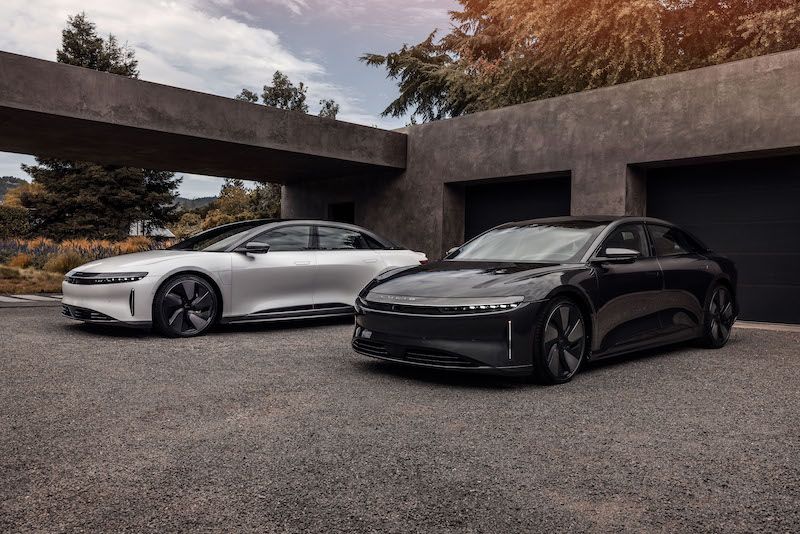
While there's a lot of good news from the House passing the Inflation Reduction Act (IRA), like how $370 billion is being invested into energy and climate and how our supply chain is getting prepped for more domestic battery production, things will get tricky for consumers looking to purchase an electric vehicle. The IRA includes a revamped tax credit for electrified vehicles that will look a lot different. President Joe Biden is expected to sign the legislation before the end of the month, and once he does so, the former version of IRS tax code 30D won't be valid.
Changing Tax Codes Poise A Problem
The new IRA doesn't have a provision to extend the current EV tax credit to cover all-electric vehicles for the rest of 2022 and the IRA is laying out new guidelines on what vehicles will be eligible for the tax credit and they're quite different from before. As Green Car Reports points out, a new 30D tax code will have to be implemented for the 2023 tax year, which could take a lot of time. That means the odd time when there's no available 30D tax code will be difficult.
With the IRA setting a $55,000 cap on all-electric sedans and an $80,000 limit for electric SUVs and pickup trucks, a lot of vehicles in today's market won't be eligible for the tax credit. That's before you even consider that there's wording on where the vehicles are assembled and where critical materials are sourced from. These are a lot of changes that have caught consumers and automakers off-guard and looking for loopholes.
InsideEVs claims that Fisker, Rivian, and Lucid have found a loophole called the "Transition Rule" within the IRA that would make existing reservation holders eligible for the current federal tax credit. The loophole is that consumers must have an existing vehicle contract before the new law is passed. If that's the case, the consumer can then be treated as a customer and reap the benefits of the old federal tax credit.
Automakers Tell Consumers About A Loophole
With knowledge of the loophole, Rivian and Lucid have reached out to reservation holders and notified them that they can enter into a binding contract to be eligible for the $7,500 federal tax credit before the IRA is signed. Rivian has emailed a link to existing reservation holders to inform them of the loophole and to get them to sign a binding agreement to purchase an R1T or R1S. For new consumers looking to sneak in before things change, Rivian claims that they need to place a reservation before signing a binding agreement. Lucid has done something similar for the Air.
It's important to point out that just because consumers sign a binding agreement with the automakers, it doesn't mean that they'll be eligible for the full $7,500 amount of the current federal tax credit. Additionally, consumers that do enter into a binding agreement will essentially turn their non-refundable order deposits into an actual order, so you won't be able to get your money back if you choose to back out at the last minute.
Over the next few weeks, we expect EV shoppers to flock to dealerships to purchase a model before the IRA is signed by President Biden. Once that happens, consumers could be looking at waiting a long time for vehicles that meet the new requirements to come out for the tax credit.
-

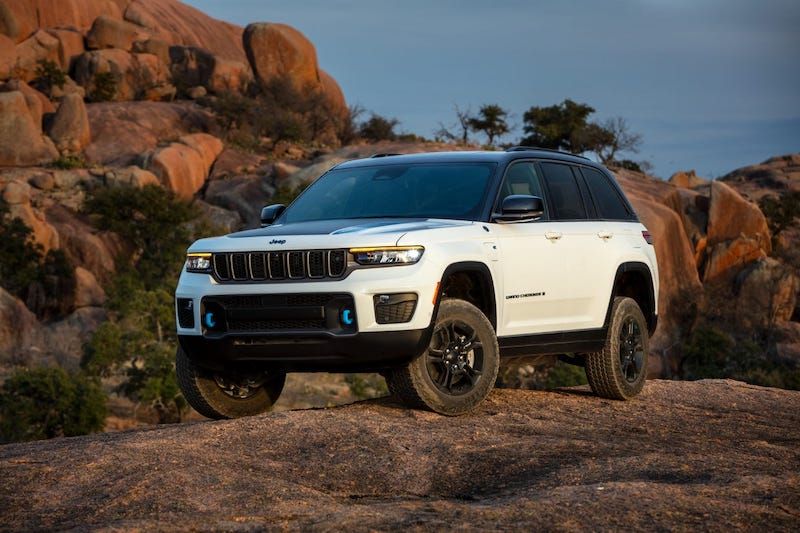
2023 Jeep Grand Cherokee Trailhawk Now PHEV Only
-

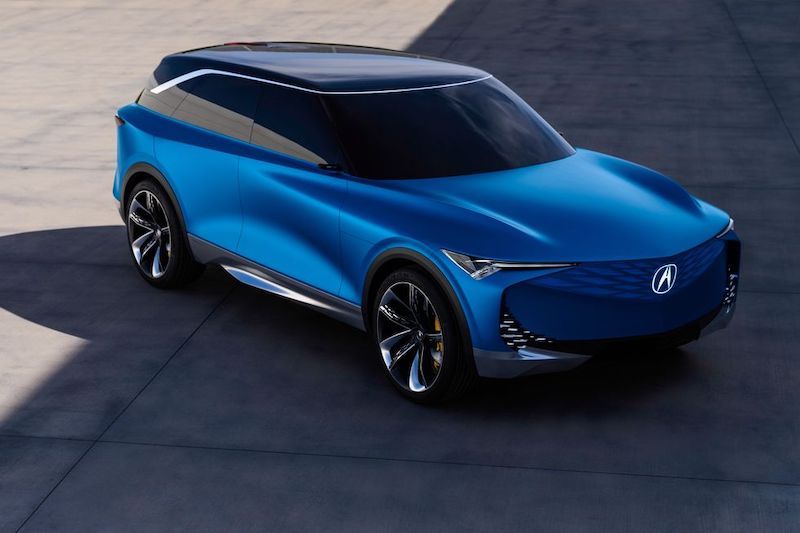
Acura Prevision EV Concept Previews Brand’s Electric Future
-


Hyundai Gets Serious About Electric Performance Cars, Shows off Two Concepts
-


Ford Looks to Have 100% of EV Sales Be Online
-

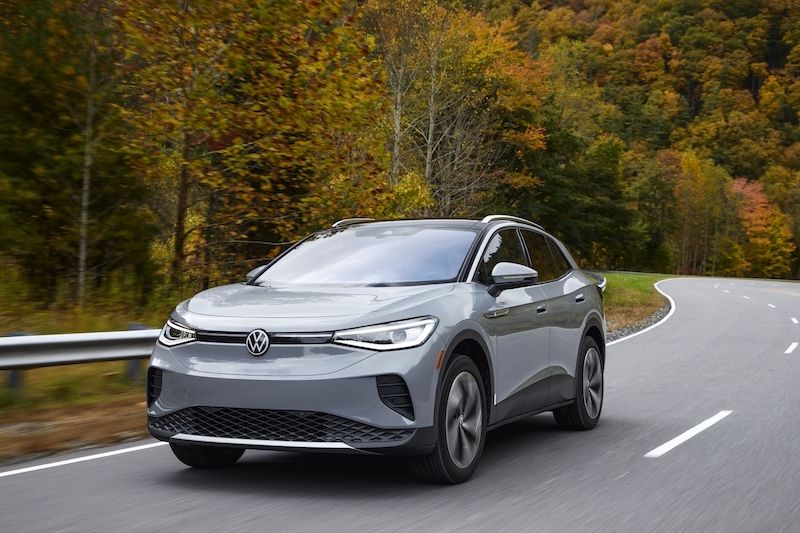
Volkswagen CEO Believes It Will Overtake Tesla in EV Sales by 2025
-

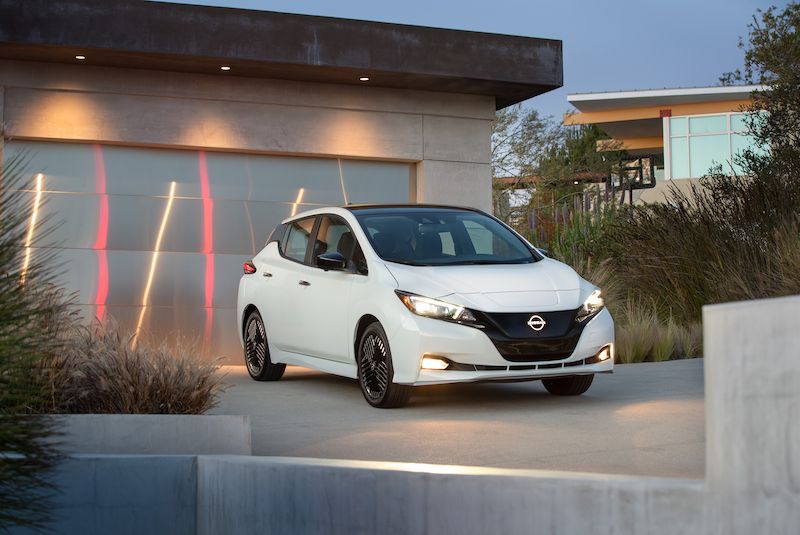
Report Claims Nissan Leaf Will Be Discontinued by 2025
-


Autonomous Vehicles Will Require Cities to Change Their Transportation Methods
-

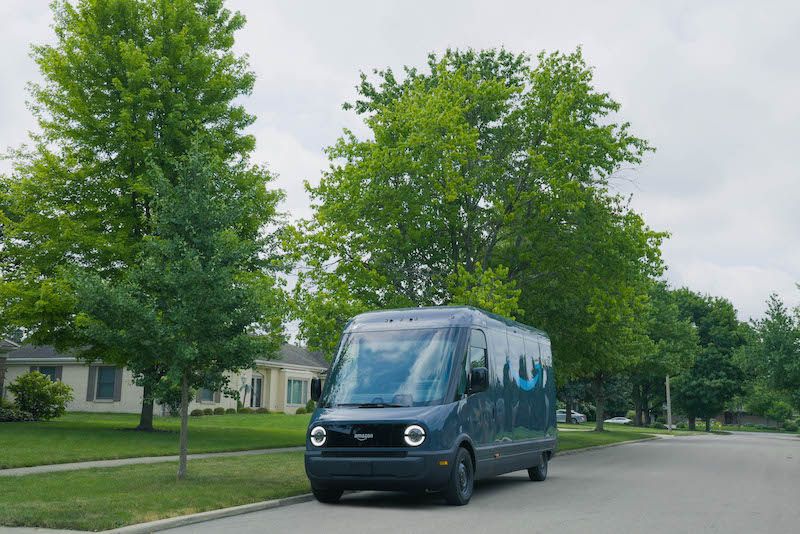
Rivian, Mercedes-Benz Partner to Produce Electric Commercial Vans
- Ford Motor Co Selects its Plant in Spain to Build 'Breakthrough' EVs for the European Market on a Next-Gen Architecture
- Waymo To Partner With Uber Freight on Autonomous Logistics for the Trucking Industry
- Rivian, Mercedes-Benz Partner to Produce Electric Commercial Vans
- Mercedes-Benz is Offering a Performance Upgrade as a Yearly Subscription on its EQ Electric Vehicles
- FCA to Pay $300 Million Fine for Emissions-Cheating Vehicles
- Here's One Way Lucid Motors Made the Air Sedan More Spacious for Passengers
- Volvo is Building a New EV Service and Training Facility at its U.S. Headquarters in New Jersey To Fast Track its Electrification Plans
- Intel’s Self-Driving Car Unit Mobileye Postpones its Planned U.S. IPO That Could Value the Company up to $50 Billion
- Ralph Nader Calls for NHTSA to Remove Tesla Full Self-Driving
- Toyota is Investing an Additional $2.5 Billion to Expand its North Carolina Factory to Boost EV Battery Production











 About Us
About Us Contact Us
Contact Us Careers
Careers